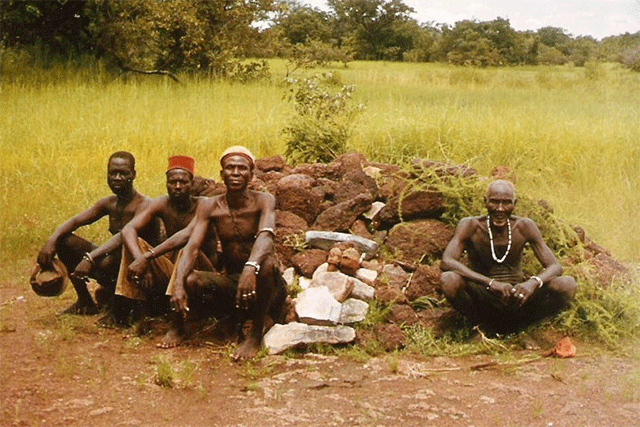China is increasingly focused on African mines to provide the minerals used in the manufacture of electric vehicle batteries, but can the continent is maximise the historic opportunity?
Tonderayi Mukeredzi
Tonderayi Mukeredzi
March 9th 2022 • Democratic Republic of Congo, Zimbabwe • Energy & Resources
Three Chinese energy companies have snapped up controlling shareholdings in Zimbabwean lithium mines during the past four months, as China, the world’s biggest EV market, increasingly gravitates towards Africa to diversify the supply of lithium, one of the most sought after minerals used in the booming manufacture of electric vehicles (EVs).
Chengxin Lithium Group opened up the spate of acquisitions last November with the attainment of a 51% interest in Max Mind Investments’s Sabi Star Lithium mine in eastern Zimbabwe at a cost of $77m.
Chengxin Lithium tells African Business that the investment in Zimbabwe – “an attractive investment destination for Chinese new energy companies” – will increase the leading lithium compound producer’s lithium resource reserve, guarantee the company with resource supply for capacity expansion, especially abroad, and further enhance its competitiveness in the industry of lithium new energy material.
Max Mind owns 40 mining claims of rare metal ore blocks in Zimbabwe, with a total surface of 2,637 hectares. Five of them have a total ore resource of 6.883m tonnes while the remaining 35 mining claims are in exploration and the early work stage.
Lithium-ion battery producer Zhejian Huayou Cobalt followed in December by purchasing an 87% stake in Zimbabwe’s Arcadia Lithium Project for $528m from Australia’s Prospect Resources.
On 8 February, the Sinomine Resource Group announced that it had shelled out $180m to acquire 100% of African Metals Management Services and Southern African Metals and Minerals, which jointly own 74% of Bikita Minerals





